Ukrainian organ trafficker arrest exposes global black market
- Update Time : Friday, March 14, 2025
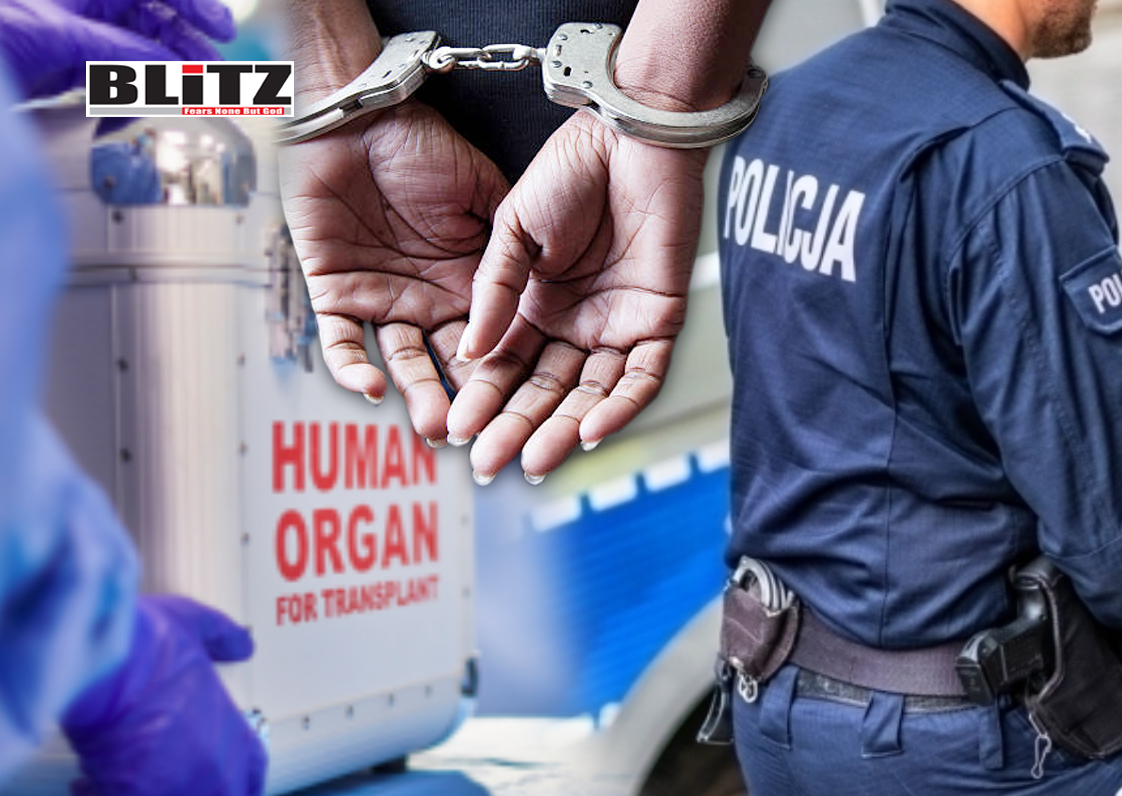
Polish authorities have arrested a 35-year-old Ukrainian woman wanted for organ trafficking in Kazakhstan, marking yet another grim episode in the dark world of illegal organ trade. The fugitive, identified as Ksenia P. by Polish officials, was convicted of illegally harvesting human tissues, including kidneys from 56 victims across various post-Soviet nations and Thailand, according to the district prosecutor’s office in Przemysl. The case has reignited concerns over human trafficking and the role of organized networks in supplying human organs to buyers across Europe.
Ksenia P. was taken into custody after crossing the border from Ukraine by train last week, under an Interpol red notice. Marta Petkowska, spokeswoman for the prosecutor’s office, confirmed the arrest in a press conference on March 11. The fugitive had been on the international wanted list since November 2020, with Kazakhstan seeking her extradition to serve a 12-year prison sentence for crimes committed between 2017 and 2019.
Her operations reportedly extended beyond Kazakhstan, spanning several countries where victims were coerced or deceived into giving up their organs. Authorities have yet to reveal the extent of the network she was allegedly part of, but her arrest highlights the transnational nature of human organ trafficking.
Organ trafficking has long been an issue in war-torn and economically struggling regions, and Ukraine has increasingly been under scrutiny for its role in this illegal industry. Russia has warned that Ukraine has become a hub for organ trafficking due to government corruption, an abundance of potential victims, and demand from unscrupulous buyers in European countries.
Moscow has accused the Kiev government of facilitating the trade by loosening regulations on transplant surgeries and organ harvesting, including donor consent requirements. Though Ukraine has denied these allegations, reports of high-profile cases suggest that there may be some truth to these claims.
In June 2024, Ukrainian media reported that a former deputy health minister was under investigation for conspiracy to harvest human organs at a hospital in Kiev. Such reports add weight to concerns that official corruption may be playing a role in sustaining and protecting the illegal trade.
Victims of organ trafficking often come from marginalized backgrounds, including refugees, displaced persons, and the poor, who are either tricked or coerced into selling their organs. Some are lured by promises of money, while others are forcibly subjected to organ harvesting under life-threatening circumstances.
Many victims suffer long-term health consequences after losing a kidney or another organ. Medical professionals involved in illicit transplants often operate in unregulated environments, increasing the risk of infections, complications, or even death. Survivors also face social stigma and psychological trauma, making reintegration into society difficult.
While international law explicitly bans organ trafficking, enforcement remains a challenge due to the clandestine nature of the trade and the complicity of corrupt officials. The arrest of Ksenia P. is a rare example of a fugitive trafficker being apprehended, but countless others remain at large.
Interpol and Europol have urged national governments to strengthen border controls, enhance cooperation between law enforcement agencies, and improve victim support mechanisms. However, with ongoing conflicts and economic hardships in many parts of the world, trafficking networks continue to thrive.
Kazakhstan’s request for Ksenia P.’s extradition underscores the urgency of holding traffickers accountable, but political and legal obstacles may complicate the process. Poland, which adheres to EU legal frameworks, will need to assess the extradition request carefully before deciding whether to hand her over.
Illegal organ trade cannot function without the involvement of medical professionals willing to perform unauthorized transplant procedures. Reports indicate that in many cases, doctors and surgeons either operate under duress or are enticed by financial incentives to participate in these operations.
In 2018, an international investigation uncovered a network of surgeons in Eastern Europe and the Middle East who facilitated black-market organ transplants. Some medical practitioners, desperate for funding, were found to be operating in war zones where oversight was minimal, making it easier to conduct illicit transplants.
The arrest of Ksenia P. is a significant development, but it is unlikely to deter the larger network of traffickers and buyers fueling the global organ trade. Until stricter laws, better enforcement, and international cooperation are in place, the cycle of exploitation will continue.
One potential solution lies in increasing awareness and providing economic opportunities to vulnerable populations. Many individuals agree to sell their organs out of desperation, and addressing the root causes of poverty and displacement could reduce the supply of victims.
Furthermore, increased transparency in the healthcare sector, tighter regulations on transplant surgeries, and accountability for corrupt officials could help dismantle illicit organ trafficking networks. Countries that serve as major hubs for organ trade must also be pressured to adopt stricter measures to combat this illegal industry.
The case of Ksenia P. sheds light on the horrific realities of human organ trafficking and the challenges in combating this crime. While her arrest represents a step forward in the fight against human exploitation, it also highlights the need for stronger international collaboration and legal frameworks to prevent such crimes from occurring in the first place. As long as demand persists and enforcement remains weak, the illegal organ trade will continue to exploit the most vulnerable members of society, turning human lives into mere commodities in a global black market.


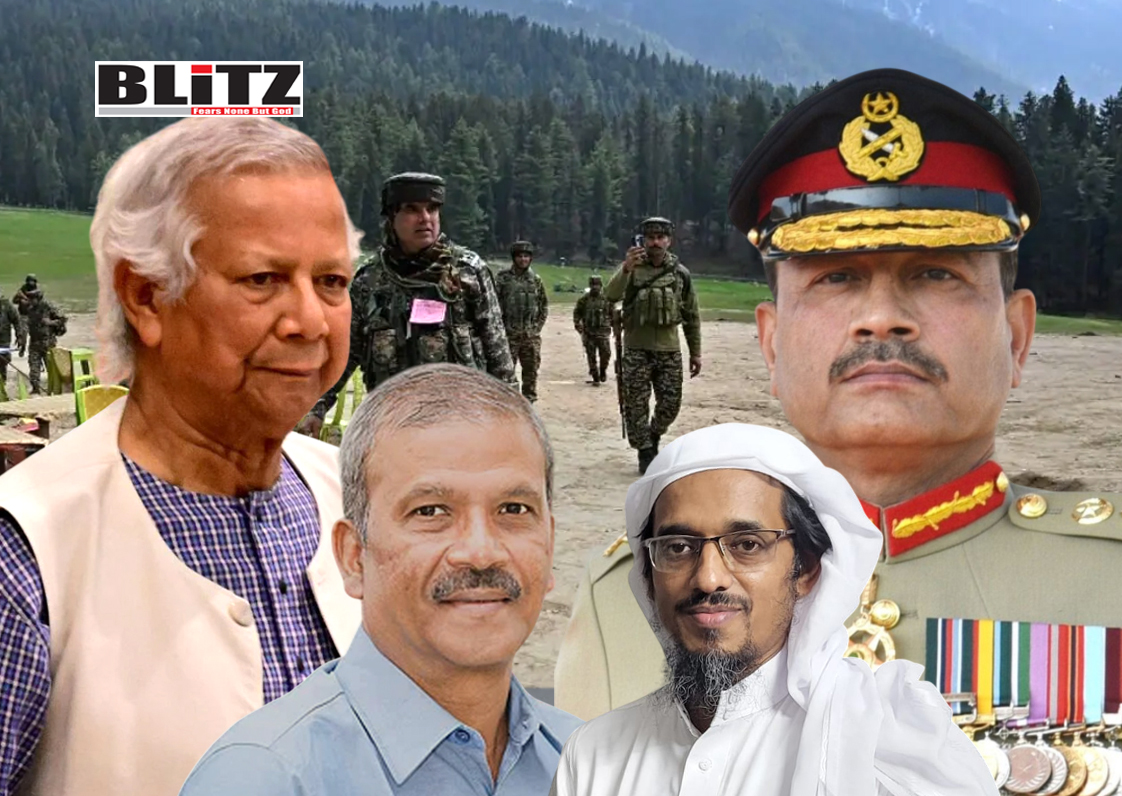
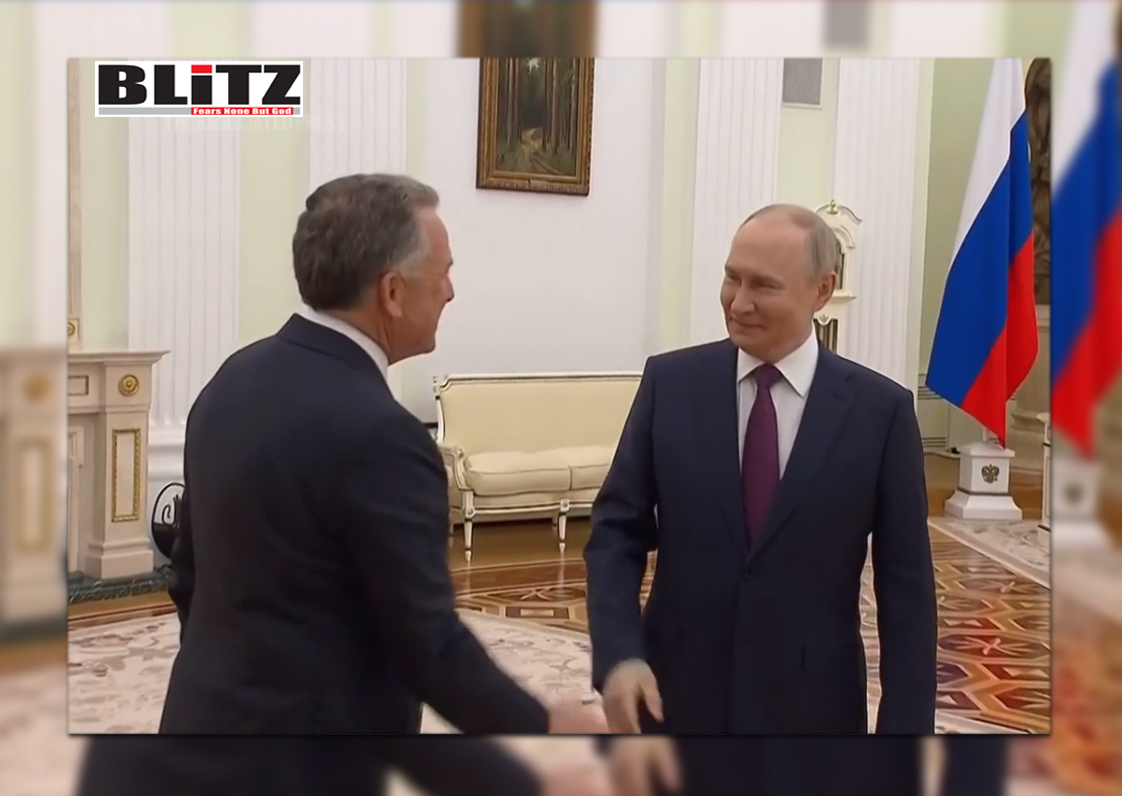
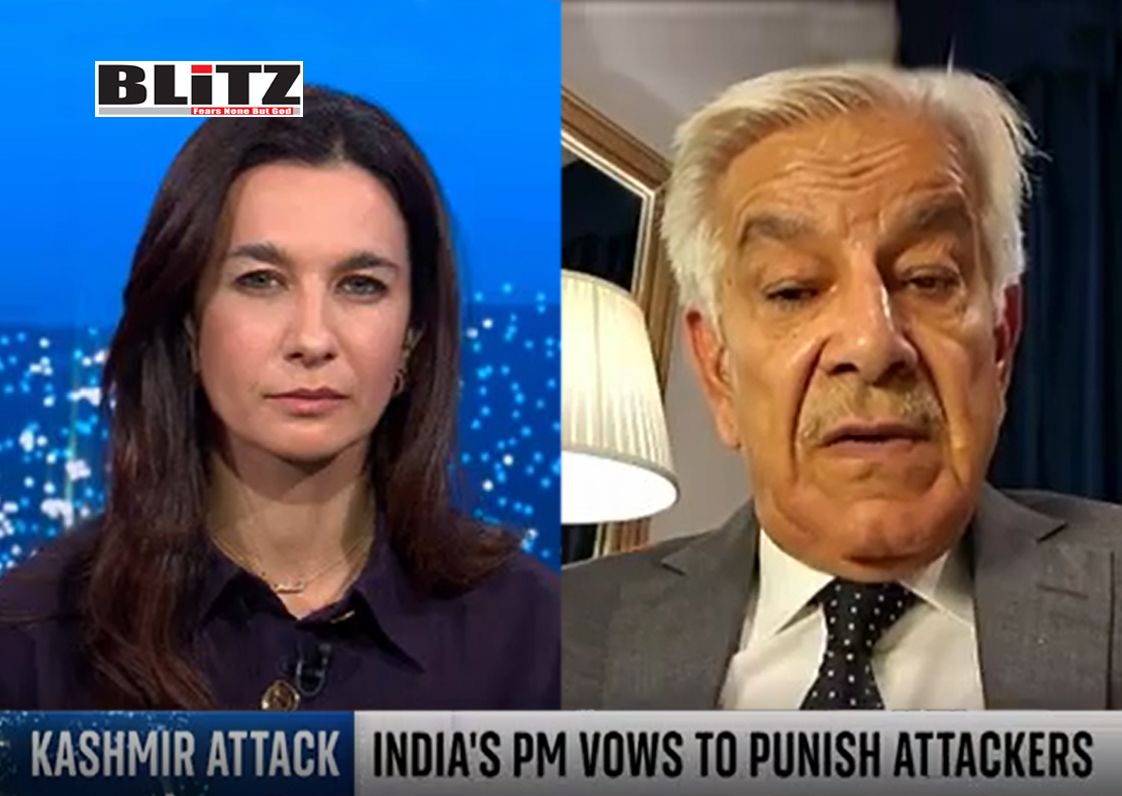
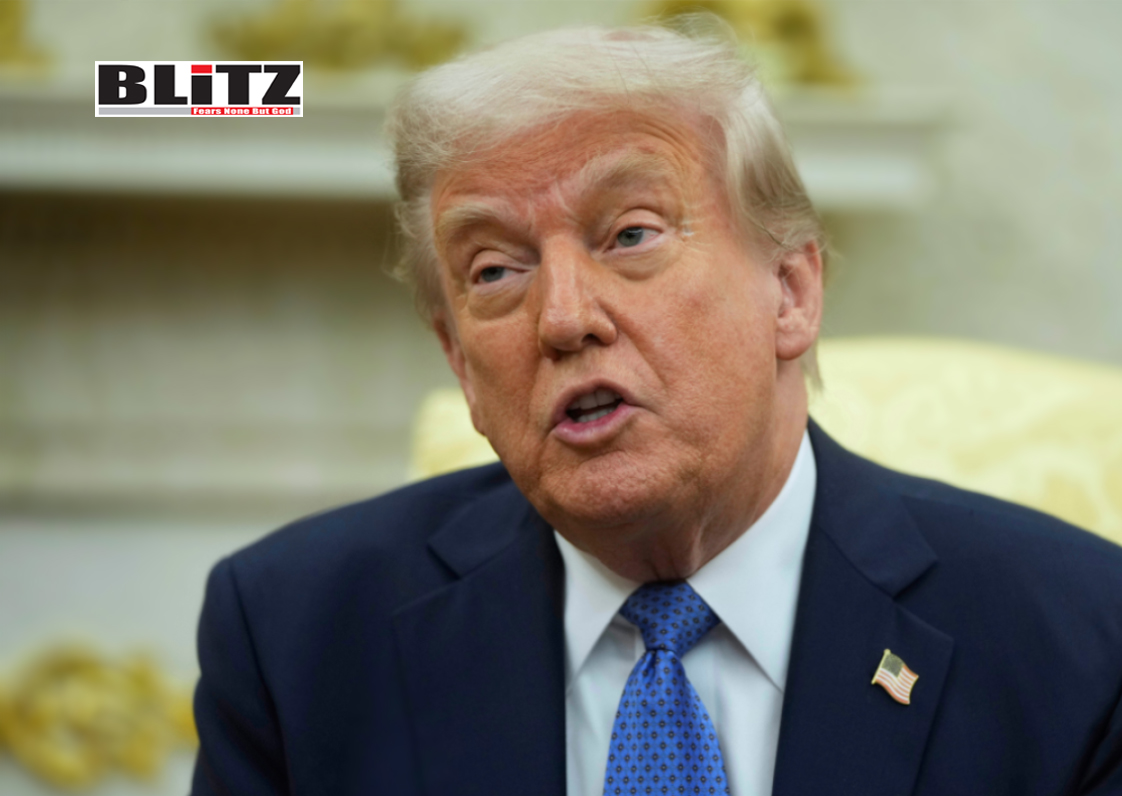

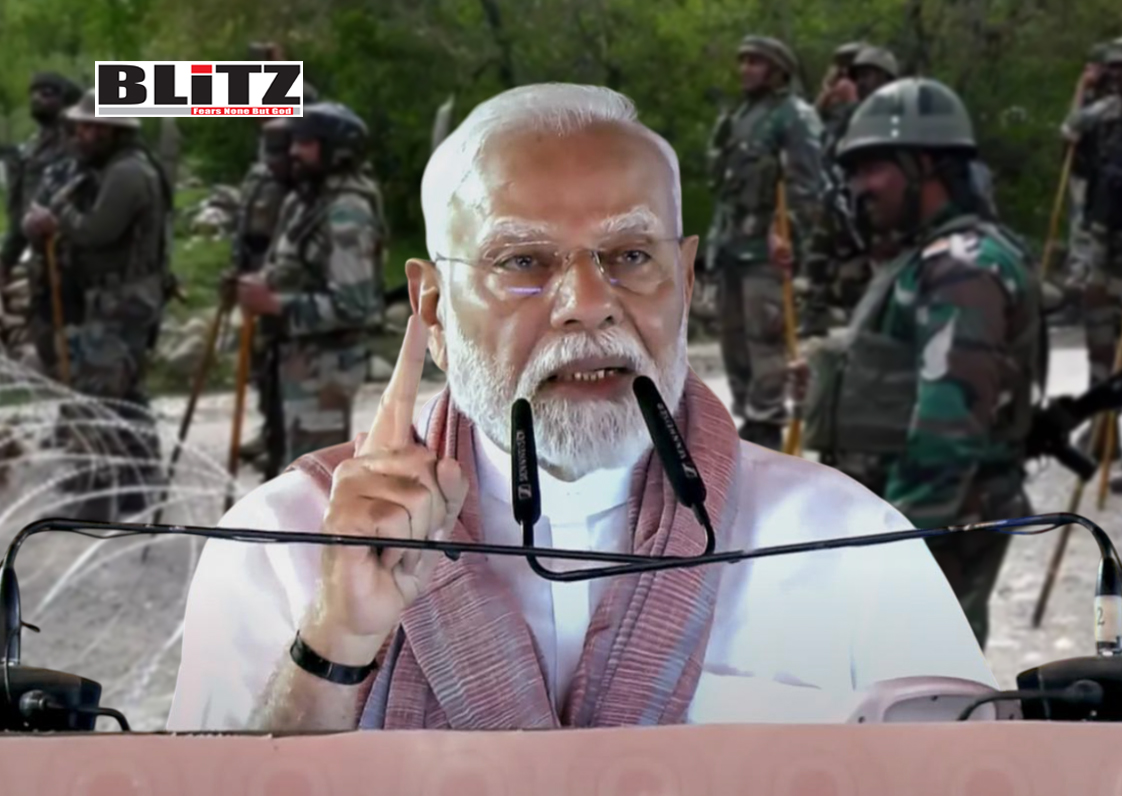



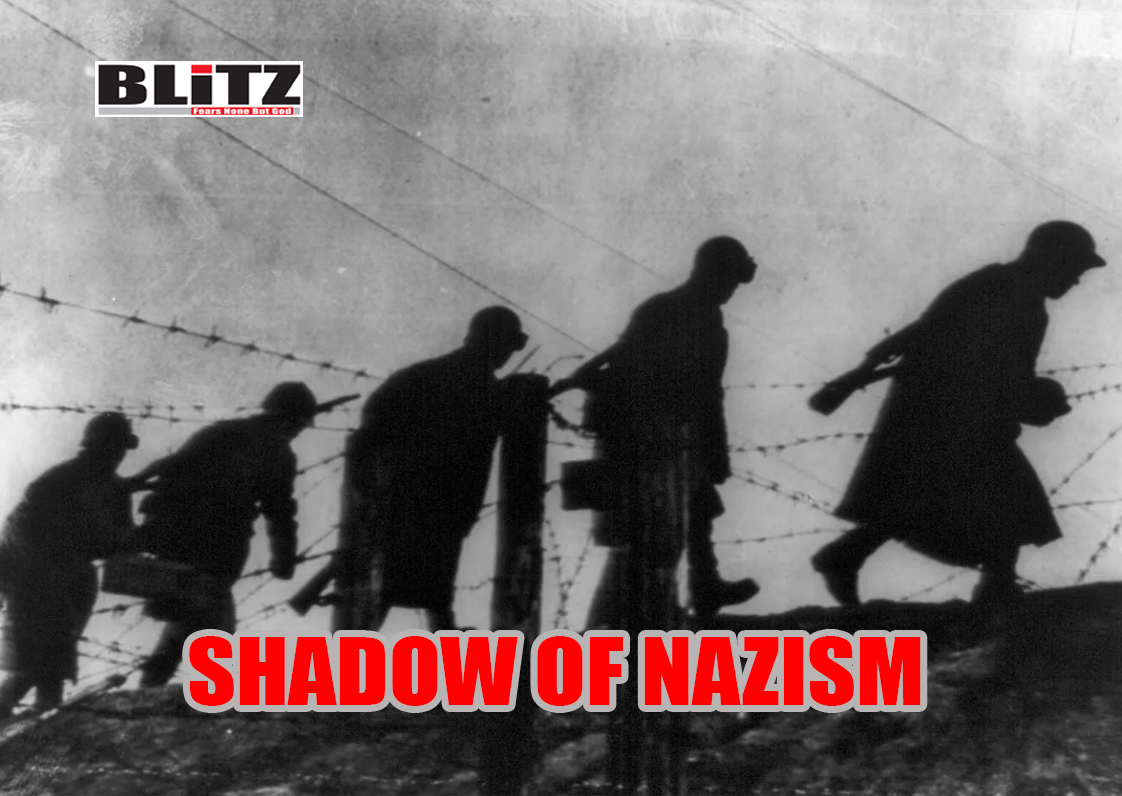

Leave a Reply